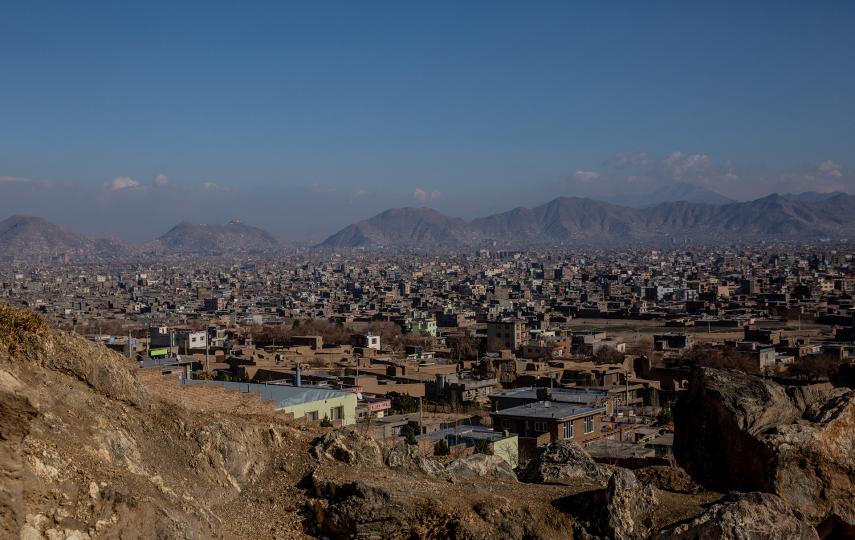ISLAMABAD
A national water-quality monitoring survey has shown that at least 21 Pakistani cities supply polluted water unfit for consumption, according to an official. "Actually, this report covers just the first phase of what is a five-year project," Aslam Tahir, the director of the national water-quality monitoring programme at the Pakistan Council for Research in Water Resources (PCRWR), told IRIN in the capital, Islamabad.
The report listed the various pollutants found in the water supplies of 21 major cities country-wide and found that the available water was unfit for human consumption, he said. "In the report, we have made our recommendations and, if some implementing agency takes up our recommendations, they can improve the quality of supplied water," he added.
A project coordinator for The Network, an advocacy organisation campaigning for consumer protection, told IRIN that analyses of drinking water supplies in urban centres had revealed considerable microbiological contamination. "It is not very good. The main thing is that most of the water samples have revealed major microbiological contamination," Dr Haroon Ibrahim, The Network's resource manager for water issues, told IRIN in Islamabad, adding that this was a leading factor behind the many gastroenteric diseases reported across the country.
The National Water Quality Monitoring Programme was launched in the spring of 2001, with the objective of establishing a permanent water-quality monitoring network in the country to observe changes in surface- and ground-water quality, as well as ground-water levels. It was hoped that the monitoring results would lead to remedial measures towards improving the quality and sustainable use of water resources, a posting on the PCRWR website said.
The survey had covered 11 cities in the country's most populous province, Punjab; three on the southern province of Sindh; four in the southwestern province of Balochistan; and three in North West Frontier Province (NWFP), the website said, adding that the six main rivers, along with dams, reservoirs, natural lakes and two major drains were also included in the surveyed locations.
Overall, the water supplies were found to be bacteriologically contaminated, with almost 50 percent of the water samples in 17 cities being found unfit for human consumption. The remaining four cities had supplies that were also bacterially contaminated and considered unsafe for human consumption, the report said, adding that decontamination facilities were absent in almost all the cities.
Arsenic and lead were found considerable quantities in the collected water samples, The Network's Ibrahim said, noting that this was particularly worrisome.
The PCRWR chairman, Dr Akram Kowhloon, told a gathering of representatives of NGOs and research organisations on Monday that his organisation had drawn up a plan to establish water-treatment plants on 22 sites in collaboration with local councils, the Dawn daily, a leading English broadsheet, reported.
"We have identified the problem and offered a solution. Now, the district governments are directly involved in some areas. Different agencies should take the responsibility in their areas; for example, in smaller cities, municipal and town committees should be involved, while in the big cities, the development agencies will do what is required," Tahir said.
Meanwhile, another drinking and sanitation water survey conducted nationwide by the NGO ActionAid showed that about 40 percent of the populace have to walk at least one kilometre to fetch water.
"These are just the preliminary results of a nationwide survey we're conducting in 13 districts across Pakistan. We've received 1,700 questionnaires out of the 7,000 that were distributed, so these findings are basically preliminary," Mustafa Talpur, a senior programme officer at ActionAid, told IRIN in Islamabad.
"According to the results we have so far, about 36 percent of the people interviewed believe that the water they get is not fresh, while 52 percent believe women suffer in a situation of water shortage," Talpur said, adding that another 82 percent believed that women faced water and sanitation problems outside their homes.
This article was produced by IRIN News while it was part of the United Nations Office for the Coordination of Humanitarian Affairs. Please send queries on copyright or liability to the UN. For more information: https://shop.un.org/rights-permissions




